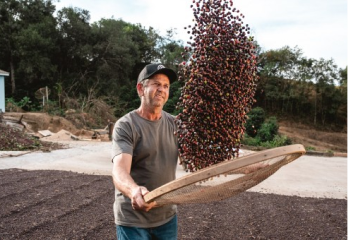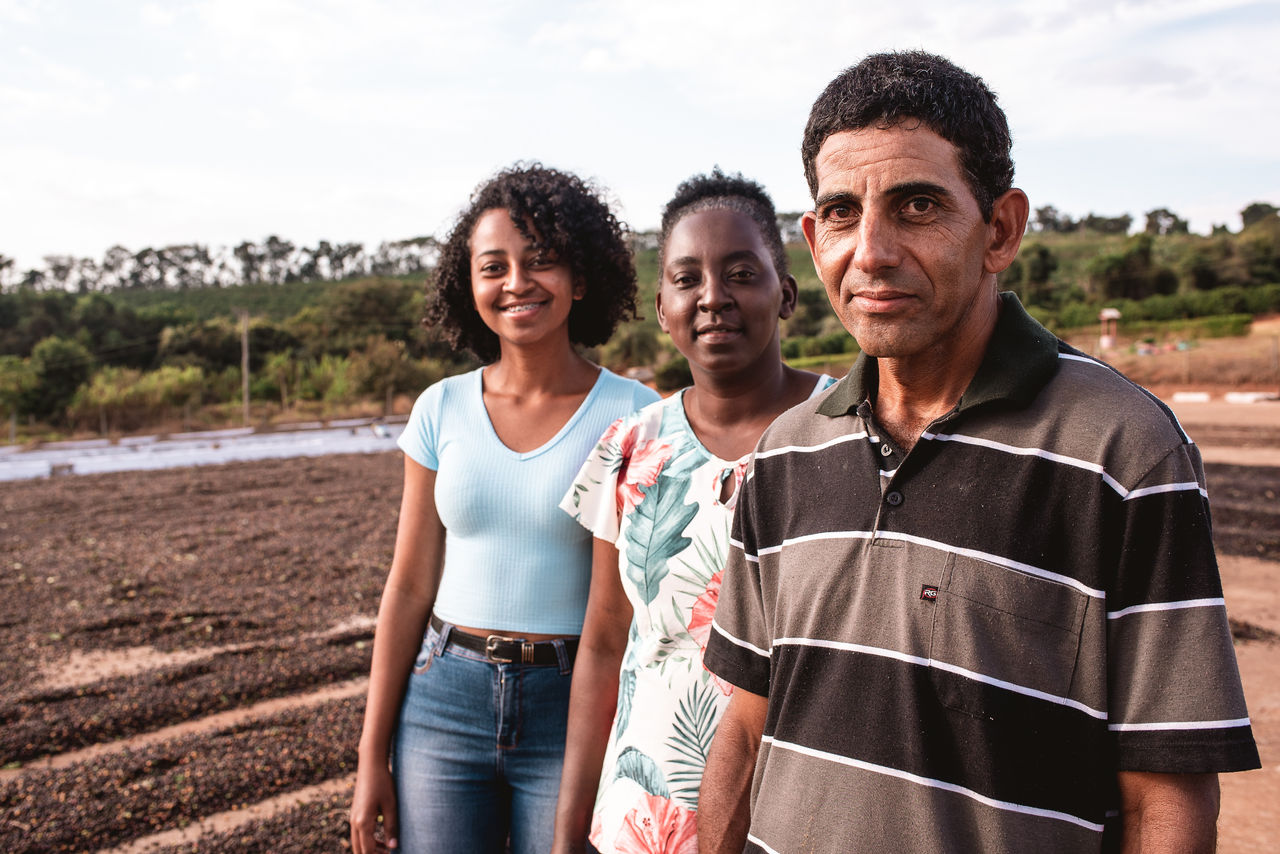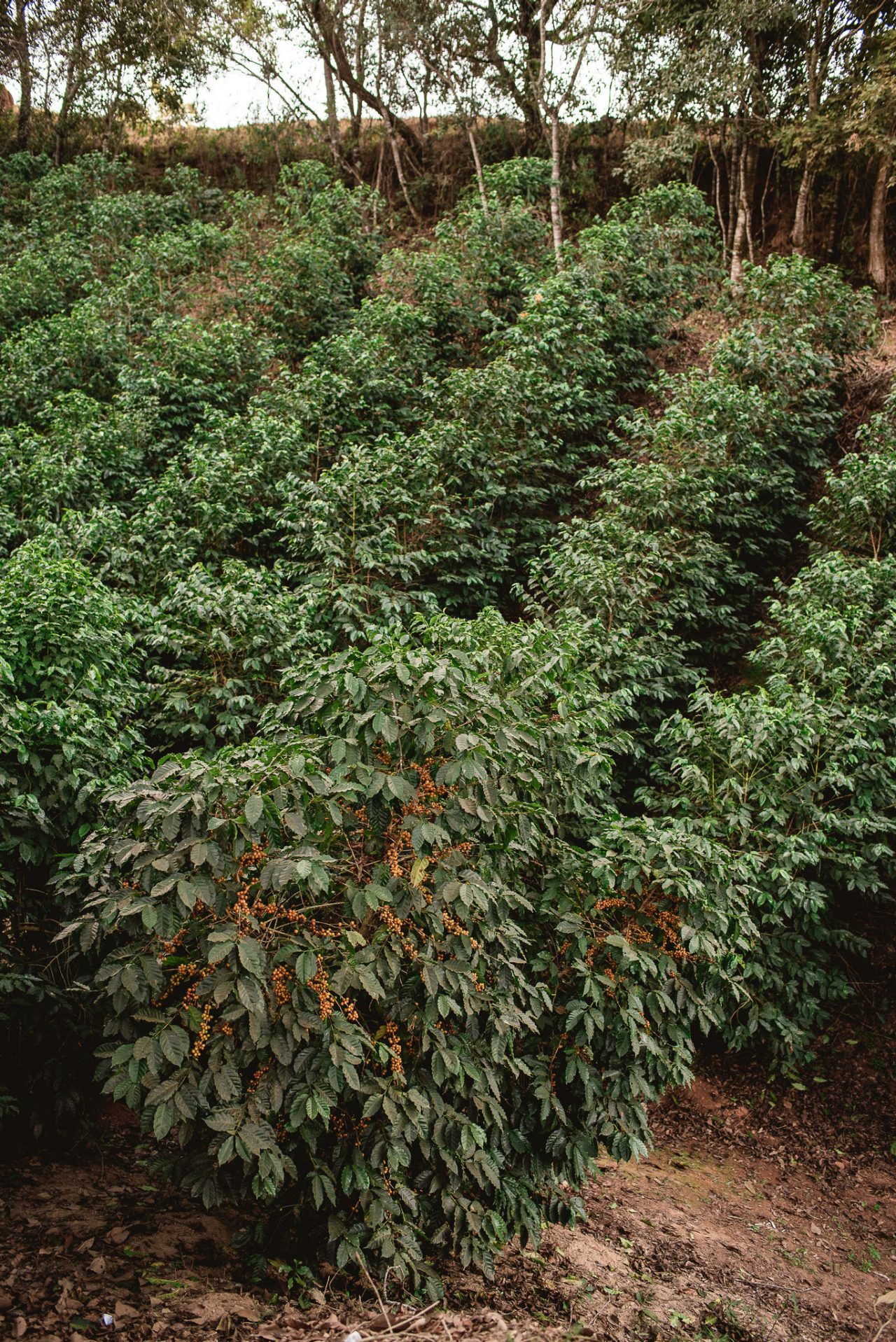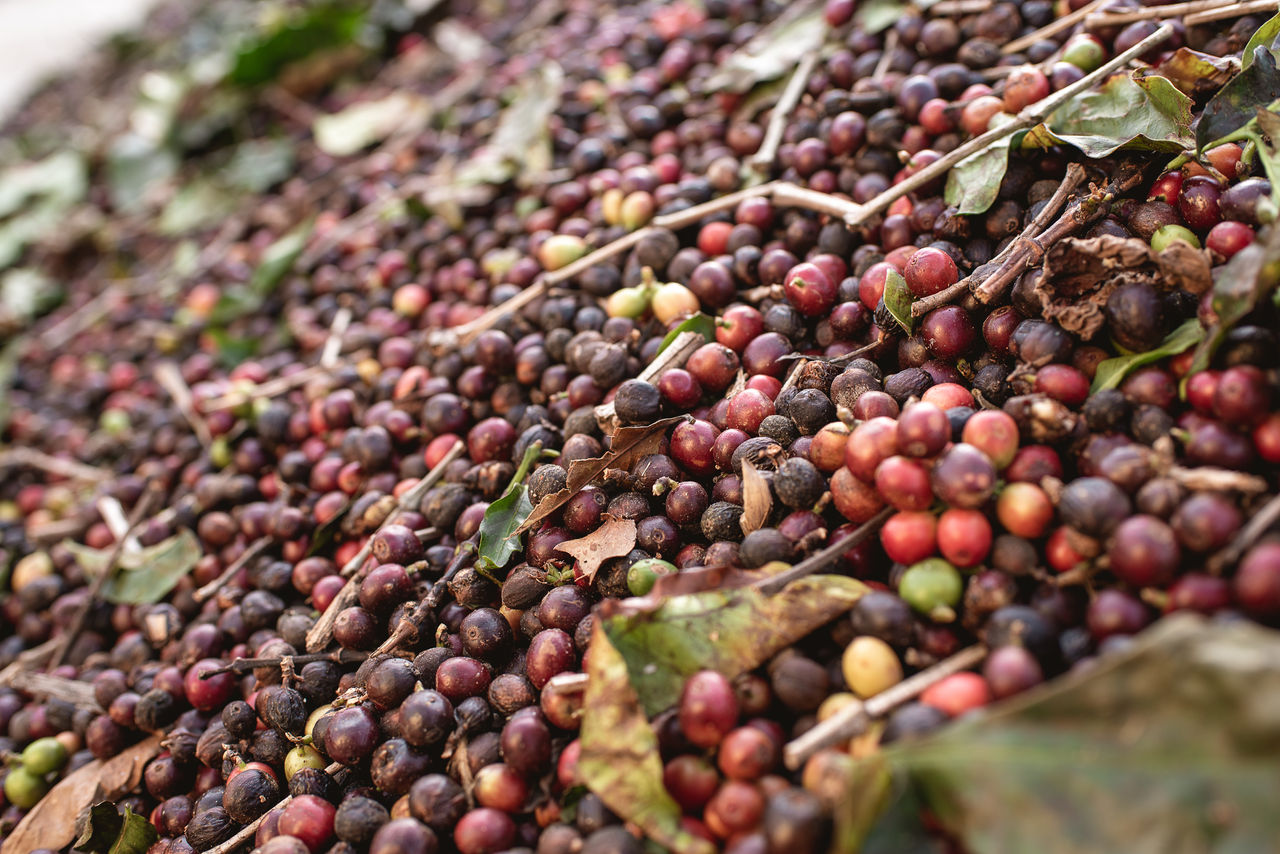Back to the Roots: Less waste, less artificial fertilizer - more income
?qlt=85&ts=1746726359554&dpr=off)

Coffee plants are sensitive and, in addition to special climatic conditions, require year-round care in order to bear fruit. Traditionally, coffee farmers use chemical fertilizers in large quantities, which further reduces the already volatile income, especially of small farms. To reduce environmentally harmful chemicals, encourage farmers to adopt a circular economy and support a zero-waste coffee supply chain locally, the 'Back to the Roots' project was launched three years ago in Santo Antônio do Âmparo, Brazil. The Melitta Group initiated, funded and intensively supported this recently completed project.
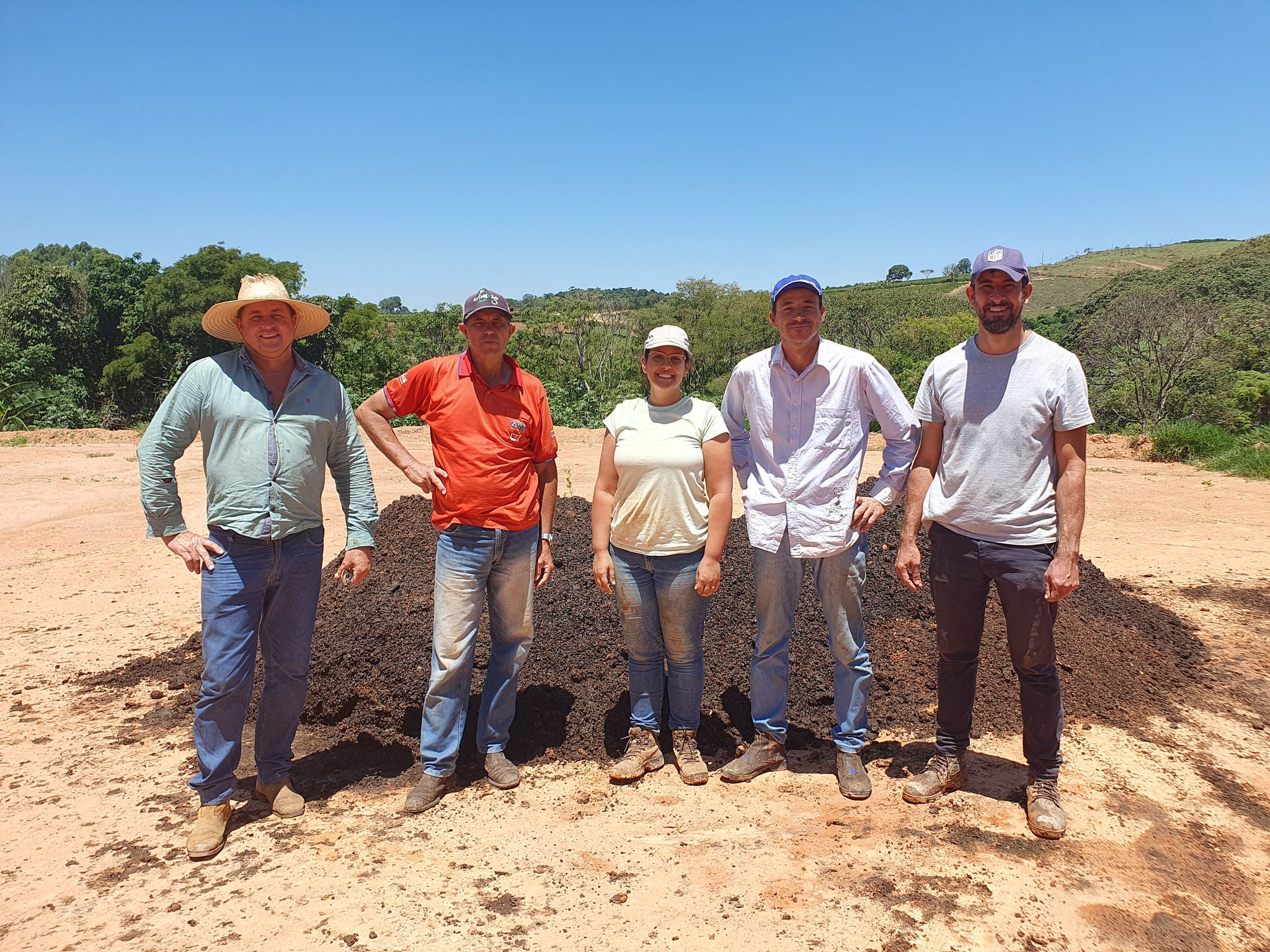
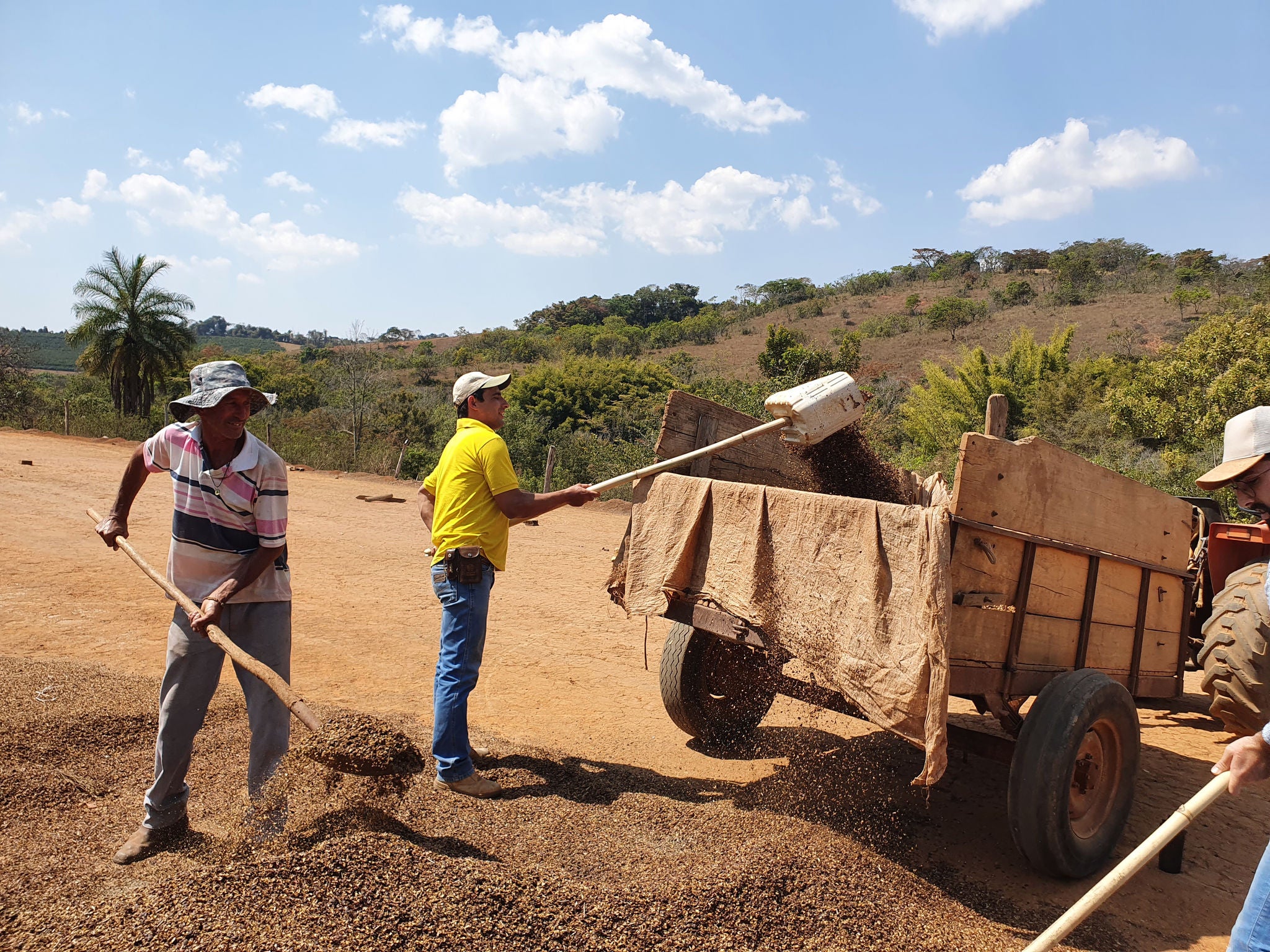
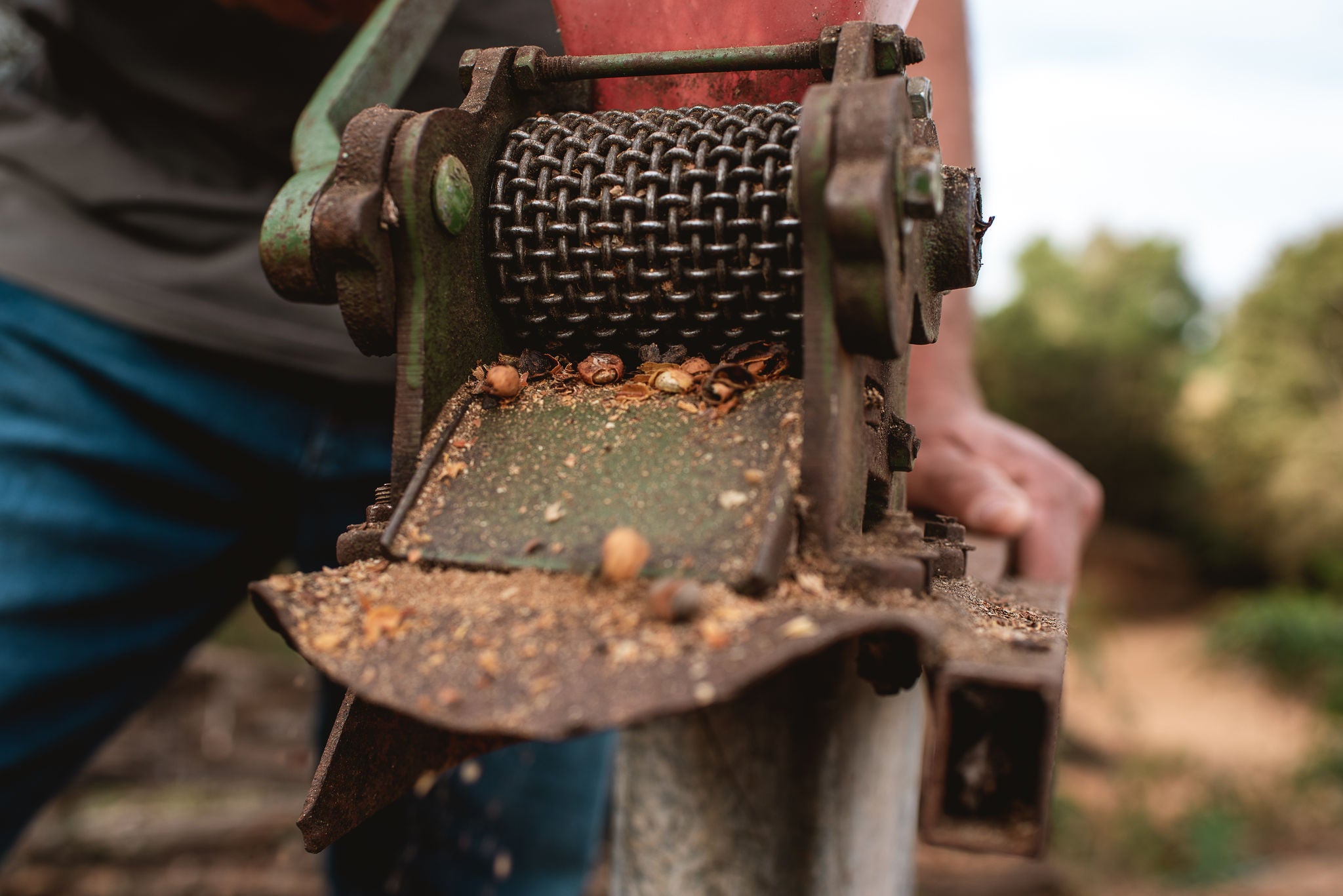
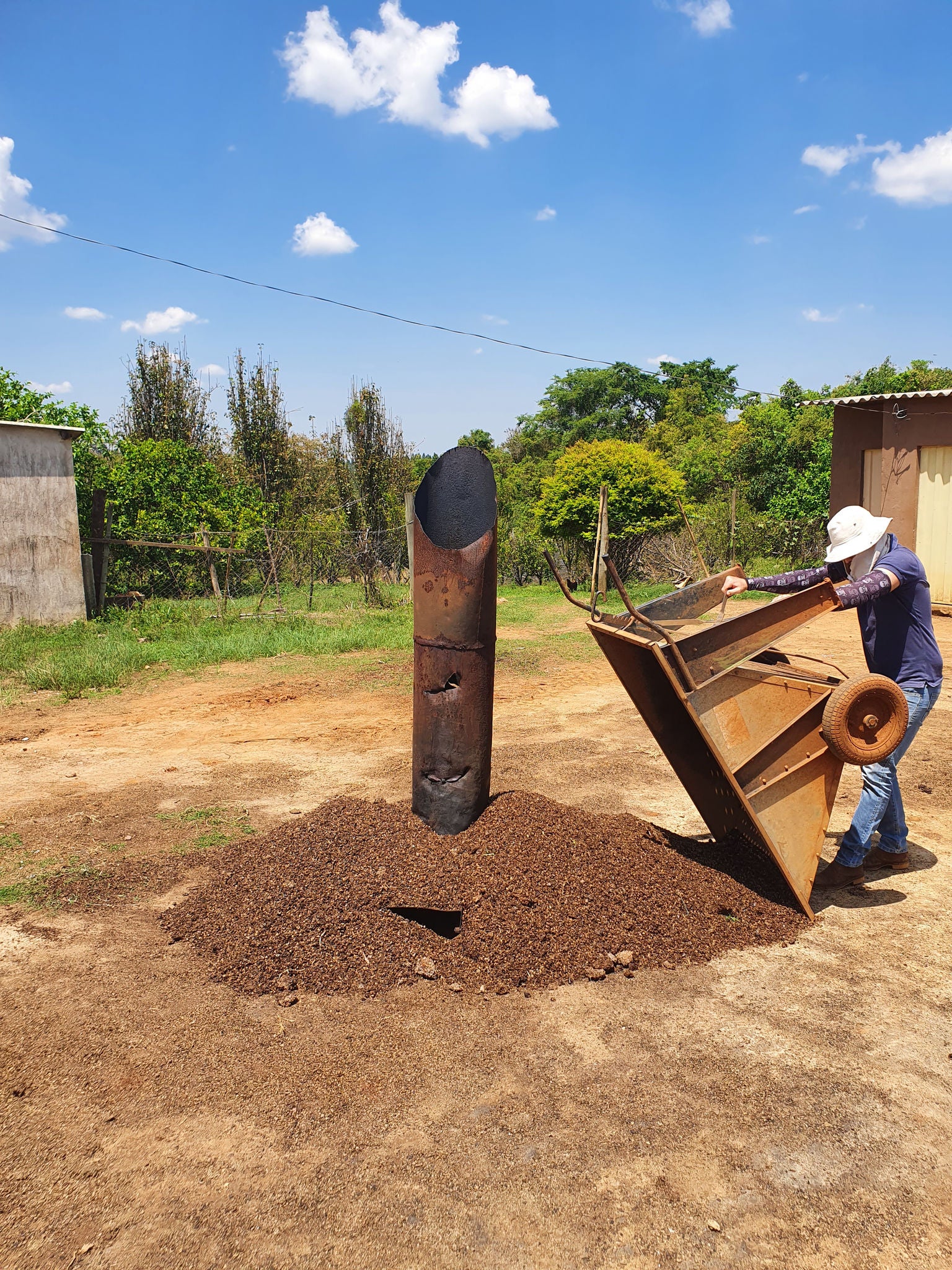

WASTE IN COFFEE CULTIVATION - UNUSED RESOURCES
The waste from coffee cultivation has its own dimensions and is a huge burden in the truest sense of the word. Each hectare produces 2.1 tons of coffee cherry husks alone, plus the wood from old coffee plants. Learning about new methods for recycling waste at training courses and campaign days means farmers have the opportunity to reduce their production costs, as the price of artificial fertilizers has risen sharply in recent years.
But when it comes to change, not everyone is immediately on board. New fertilization methods? Creating time and space for waste management? Silvia Torres from the Hanns R. Neumann Foundation, which implemented the project locally, outlines the start: "We were glad that the local association of smallholder families immediately believed in our project and opened doors for us. With their help, it was also possible to convince people to participate who were initially hesitant.
Of the almost 400 farms in Santo Antônio do Âmparo that grow coffee, around 150 have taken part in various training courses. Some of the coffee farmers tested the knowledge they had acquired directly in practice and began producing their own compost from coffee cherry husks and other organic waste from their farms. One project participant initially produced five tons, but a while later he was happy to have already produced 15 tons and was able to reduce his expenditure on artificial fertilizers.
In addition, the project was also the initial spark in the community to work together to recycle organic waste. This took the form of a cooperative business: anyone who has more compost than they need can hand it in. If you have too little, you can buy it there at a reasonable price.
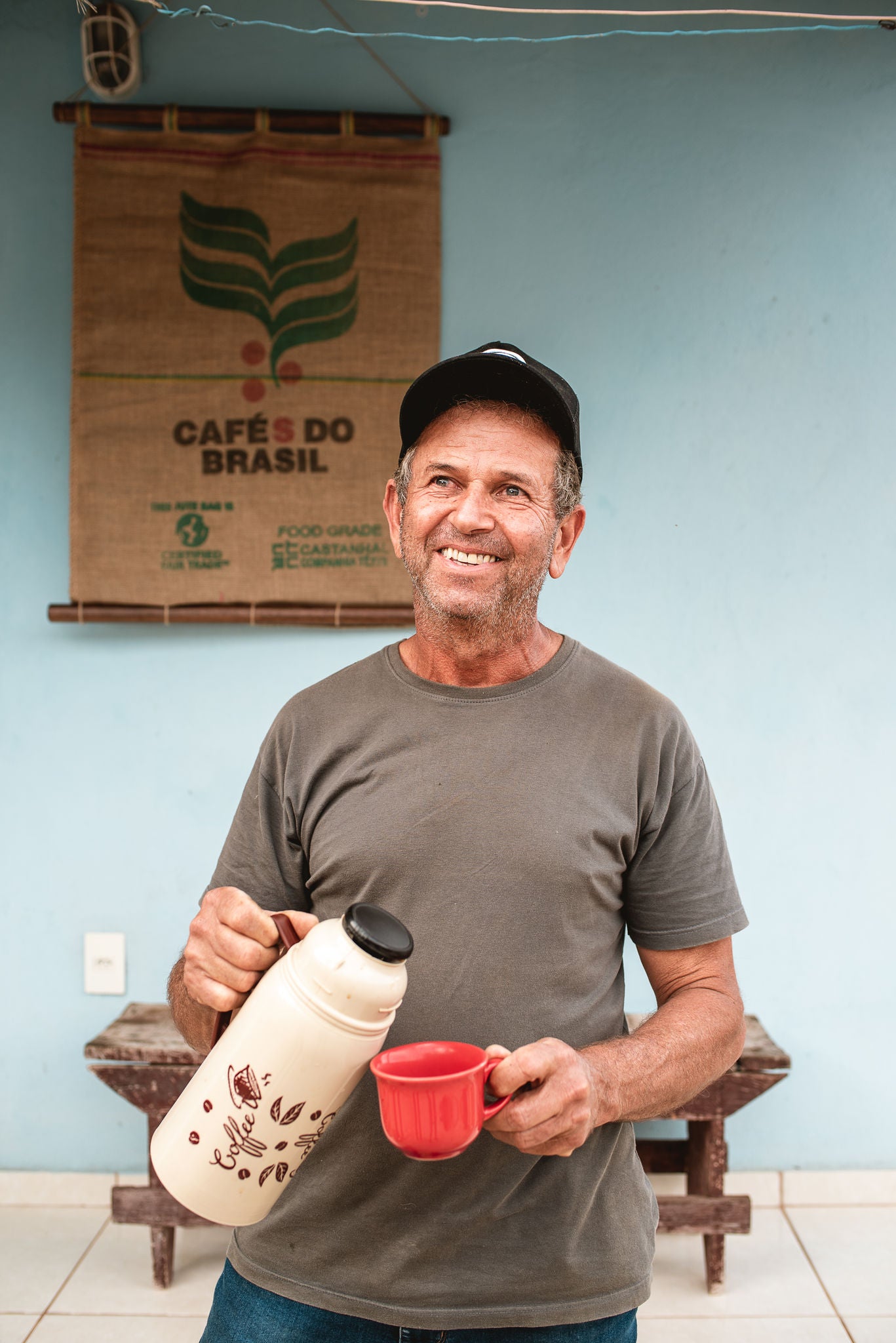

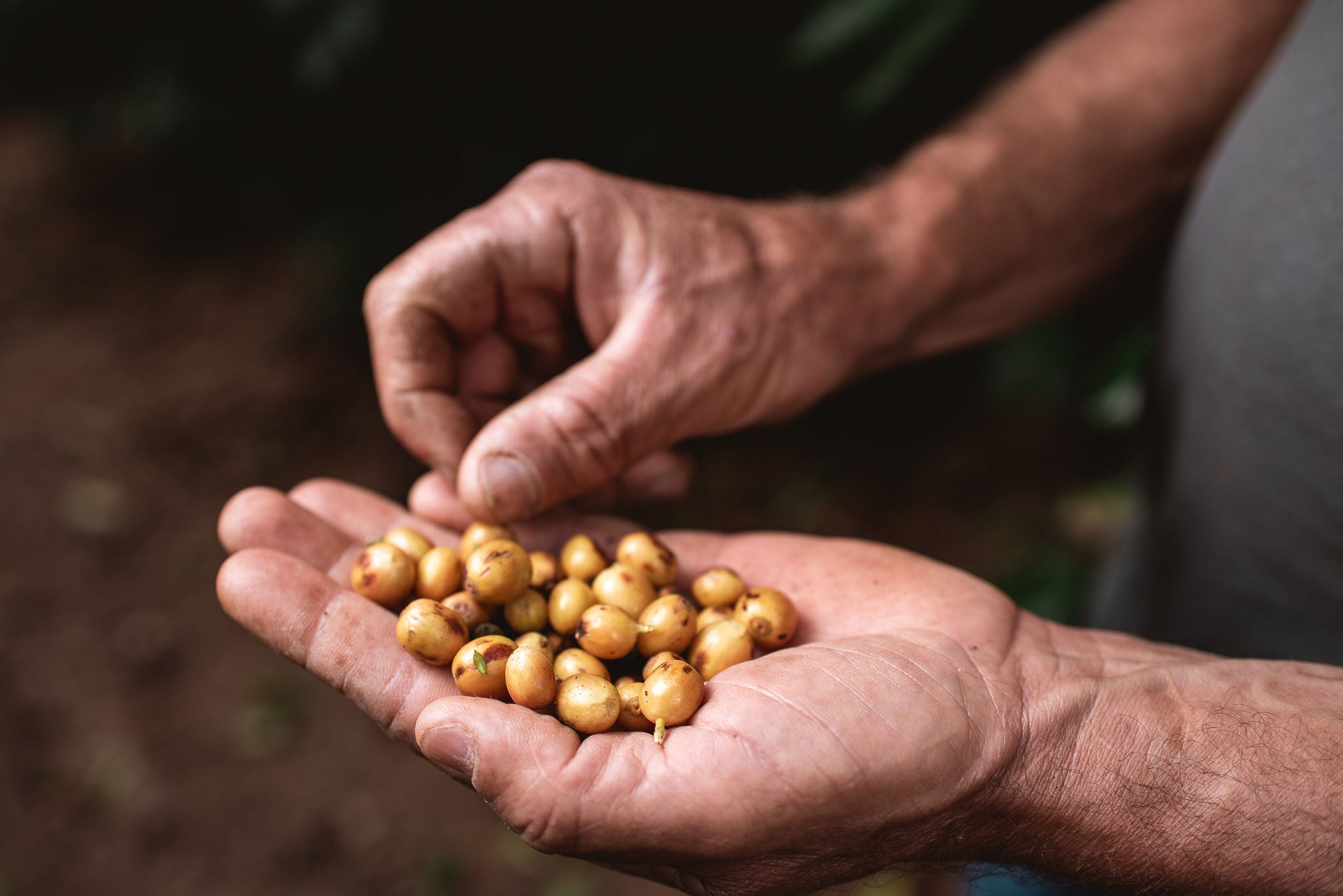

Key Figures
Number of beneficiaries
147
Number of people reached by awareness raising measures
312
Number of companies where environmental or social standards were improved
18
PLANTS SHOW REACTIONS
The farmers who took part in the project right from the start and applied their self-produced fertilizer to the fields reported that their coffee plants looked stronger and greener after just a few months. These observations were supported by analyses carried out by experts and laboratories, says Silvia Torres: "Soils that now receive the organic fertilizer have a higher nutrient content than where chemical fertilizers are used. However, the extent to which this affects the quality of the soil and the condition of the plants can only be precisely proven after four to five years of compost application". This is highly relevant for the future. Plants that are better supplied with nutrients are more resistant to extreme weather events associated with climate change.
